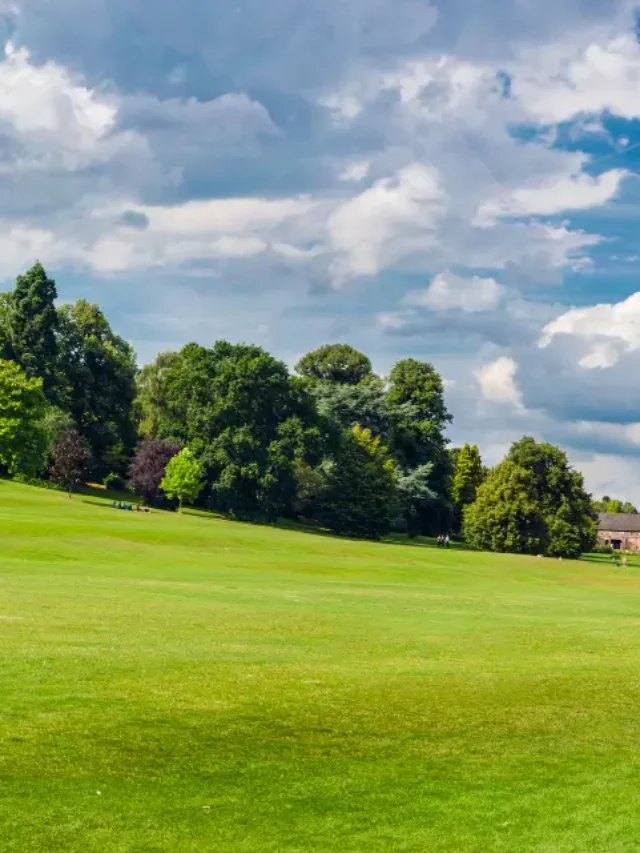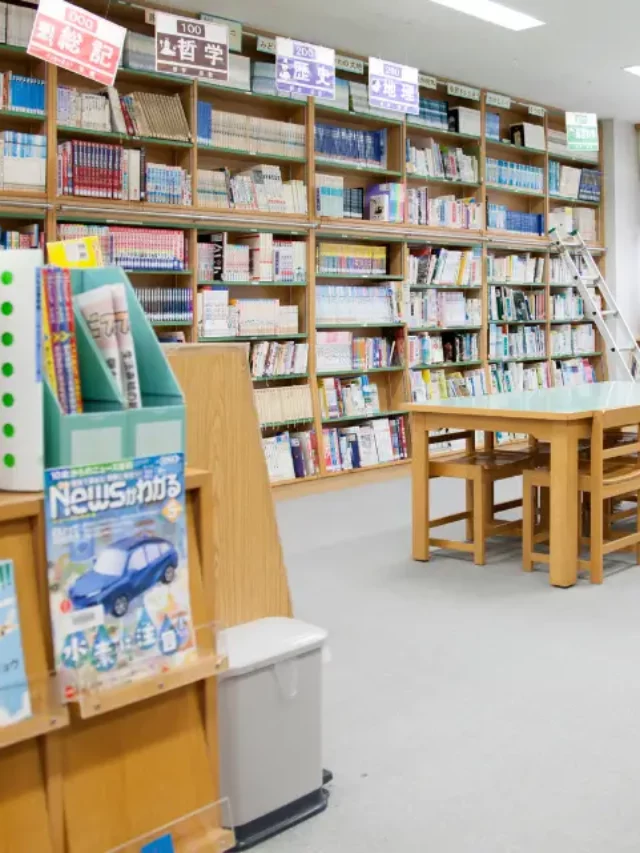Bonjour, Bonne après-midi, Je m’appelle XYZ, Je suis ravi de vous rencontrer, Comment ça va ?, Bien, merci. Et vous-même ?… You must be surprised about the language of the above-mentioned few sentences. Indeed! These are the few words you will listen to as soon as you enter the French land. If you are planning to study in France and are worried about the cultural mag or the language difference, then this blog is just for you. In this blog, we will be talking about how to greet in France. Keep reading further for an informational dive.
This Blog Includes:
Basic French Greetings
Proper greetings and striking conversations are something that are really helpful throughout life. Especially when we are planning to escalate our career to the next level with study abroad education, networking becomes an important part. And, it is necessary to have strong greeting skills irrespective of the country we are moving to. Properly greeting someone can open up new connections as well as deepen existing ones. Pronouncing “Hello” and “How are you?” in French correctly may seem like a small feat, but it can have a big impact on your conversations with French speakers throughout the world.
Also Read: Wondering about the student accommodation cost? Check out our blog – Average Cost of Student Accommodation – UK, USA, Canada
Informal and Formal French Salutations
Some of the most important French greetings include au revoir! (goodbye), salut (bye), ciao (see ya!), À plus! (later), À demain! (see you tomorrow), and much more. Check out the table below for other important greetings in French.
| French Salutations | English Equivalent |
| Bonjour | Good morning / hello |
| Enchanté(e) | Nice to meet you |
| Bonsoir | Good evening / hello |
| Salut | Hi |
| Coucou | Hey |
| Ça fait longtemps, dis donc | Long time, no see |
| Âllo | Hello |
| Ça va? | How are you? |
| Tu vas bien? | How are you doing? |
| Quoi de neuf? | What’s up? |
Recommended Read: Don’t miss our blog on German Dining Etiquette, if you are studying in Germany!
Some Other French Phrases
Here are some other French phrases used to greet in France. Check the table below.
| French Salutations | English Equivalent |
| Ravi(e) de faire votre connaissance | Nice/pleasure to meet you |
| Monsieur/Madame (for an email or letter) | Sir/Madam |
| Quoi de neuf? | What’s up? |
| Ça roule? | How is it going? |
| Comment vas-tu? | How are you? |
| Tu vas bien? | Are you doing well? |
| Quoi de beau? | What’s new? |
| Ça baigne? | How is it going? |
| Salut toi | Hey you |
| Allô (on the phone) | Hello |
| Ça fait longtemps | Long time no see |
| Bienvenue | Welcome |
Tips for Greeting in France
- Always use titles and last names in formal settings. “Monsieur” (Mr.), “Madame” (Mrs.), or “Mademoiselle” (Miss), followed by their last name is used for greeting professors, employers, or individuals.
- La bise is one of the most important things you should be comfortable with if you are in France. La bise means to greet friends and acquaintances with a light kiss on each cheek. The number of kisses can vary depending on the region, ranging from one to four kisses. Pay attention to cues from the person you’re greeting and follow their lead.
- Maintaining eye contact is another important thing you should be aware of. When greeting someone in France, make sure to maintain eye contact and offer a genuine smile. Respect and warmth are visible in the way you make eye contact.
- You should be aware of the cultural differences. French greetings are quite similar to some other countries as well. Be mindful of the cultural differences as they can offend the locals. Keep taking help from locals and observe how they greet each other in different situations.
Further Read: Want to learn more about German culture? Refer to our blog and learn the Difference Between German and American Culture!
FAQs
‘Bonjour’ and ‘Salut’ are the words people use to greet each other in France.
‘One au revoir’ is used to say goodbye in France.
The word ‘je’ in France is referred to as ‘I’.
‘Comment vous appelez-vous?’ is a formal while Comment tu t’appelles ? is an informal way to ask name.
‘Merci’ is the word used to say ‘thank you’ in French.
Hope you liked reading our blog on the way of greetings in France. For booking the best accommodation abroad to start your study abroad experience you can contact Fly Homes at 1800572118.
Follow Us on Social Media




























